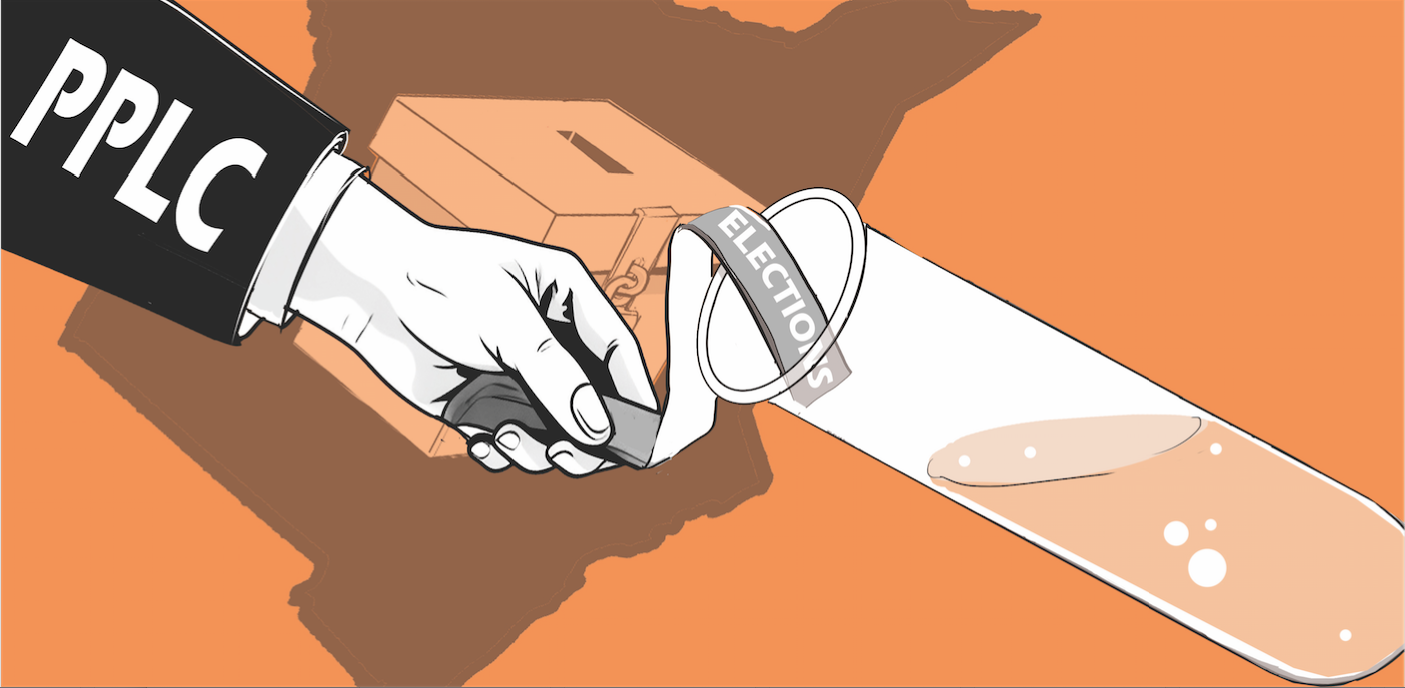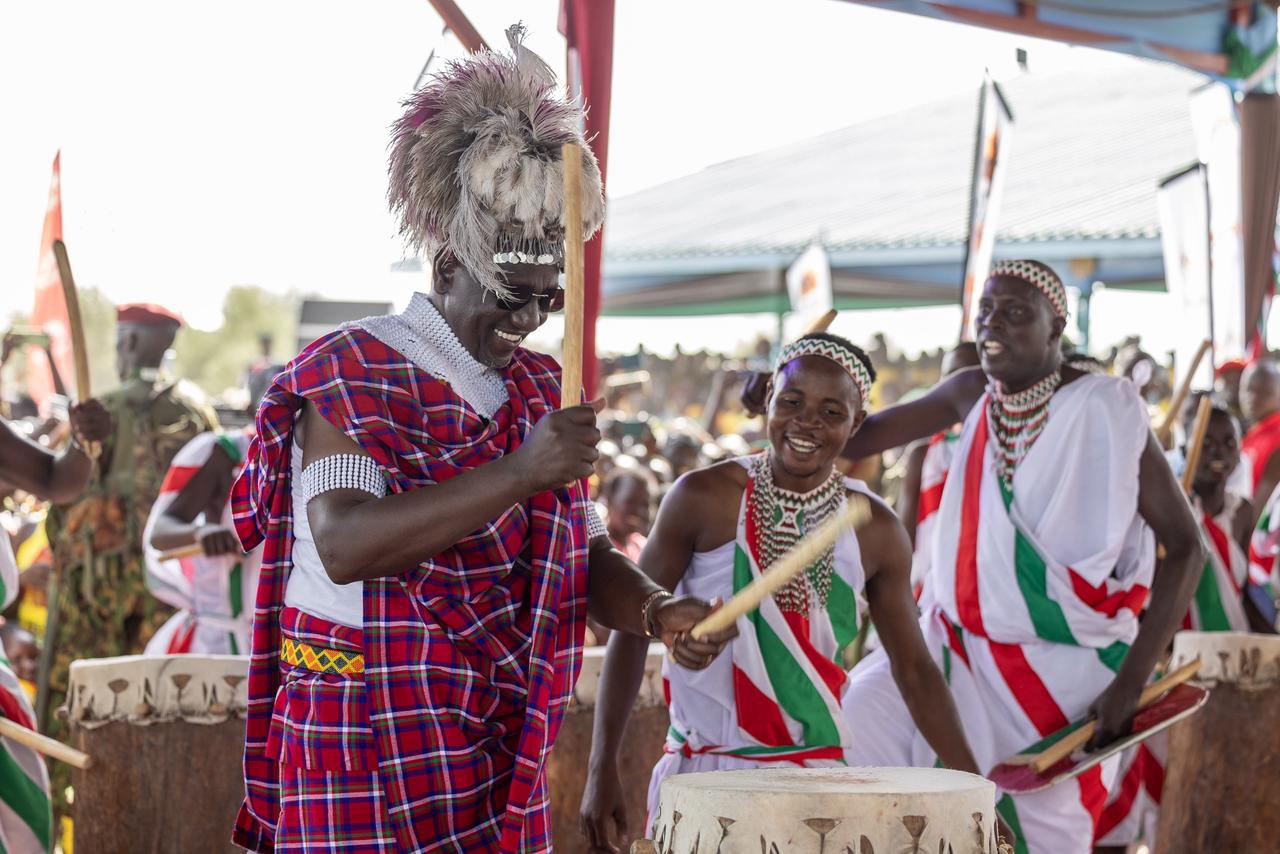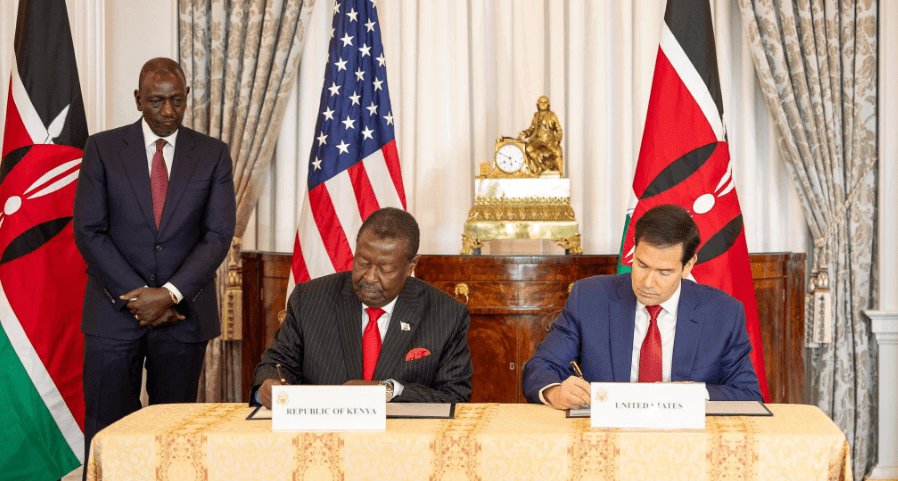

In the complex world of Kenyan
politics, the Political Parties Liaison Committee serves as an
important, though often overlooked, pillar supporting our multiparty democracy.
As we approach the election of its National Steering Committee on November 6, both the political class and the public should pay attention. This is not
just an internal matter—it concerns Kenya’s inter-party dialogue and tests our
commitment to credible and inclusive politics.
The PPLC was not born by chance. It was established as a consensus-driven platform facilitated by the Office of the Registrar of Political Parties to foster dialogue among parties and strengthen cooperation with electoral management bodies. It was designed to bridge mistrust and build stability in Kenya’s often-contentious electoral environment.
Legally, the committee draws its
authority from Section 34A of the Political Parties Act (No 11 of 2011), which
mandates the registrar to facilitate its formation and ensure representation
from all fully registered political parties. This statutory backing makes the
PPLC more than a discussion forum—it is a key instrument of Kenya’s democratic
architecture.
The PPLC is meant to be the arena where
political parties, in government or opposition, converge to discuss, negotiate and agree on the rules of political competition. Its role in mediating
disputes, promoting compliance with the Political Parties Code of Conduct and
ensuring fair play is central to sustaining peaceful elections. A strong and
active PPLC is, therefore, Kenya’s first line of defence against electoral
chaos.
The forthcoming election will fill nine leadership positions in the PPLC’s
National Steering Committee, including chairperson, deputy chairperson, secretary, treasurer, organising Secretary and several member slots. The
contest has drawn a diverse range of candidates, signalling growing interest in
the committee’s work.
This election matters because
leadership will determine whether the PPLC remains an idle secretariat or
becomes a vibrant platform for genuine dialogue. The representatives of all
registered political parties, who serve as voters, bear a heavy responsibility
to elect leaders of integrity and competence rather than political loyalists.
The country needs a PPLC that serves democracy—not one captured by
partisanship.
Despite its noble mission, the PPLC faces significant challenges. The first is
the tyranny of dominant interests. Powerful parties have, at times, used it to
rubber-stamp their agendas, marginalising smaller ones. The committee must
remain a forum of equals, not a tool of convenience for the ruling elite.
Secondly, the PPLC’s resolutions lack
binding force. Without enforcement mechanisms, compliance depends on goodwill,
reducing its authority. Strengthening institutional credibility must,
therefore, be a top priority.
Another hurdle is inequality among
parties. Wealthier formations dominate discussions and visibility, leaving
smaller ones voiceless. Achieving balance in participation is critical if the
PPLC is to live up to its founding principles.
Lastly, there is public apathy. Few
Kenyans understand what the PPLC does, which allows political actors to ignore
or manipulate it without consequence. The committee must raise its profile,
engage the public and become a visible player in shaping political
accountability.
The new
leadership, drawn from diverse political backgrounds, must rebuild the PPLC’s
credibility. The chairperson and deputy chairperson should act as impartial
arbiters who prioritise consensus over confrontation. The secretary and organising secretary must ensure inclusivity, while the treasurer must manage
resources transparently.
Beyond internal reform, the committee
should reach out to civil society, the media and citizens to demystify its
work and anchor its legitimacy in public trust. A visible and engaged PPLC can
help nurture a political culture where dialogue, not division, drives
competition.
The new steering committee must shape the tone of inter-party relations ahead
of the next general election. Its success will not be measured by titles or
loyalty but by its ability to restore faith in dialogue over conflict and
fairness over expediency.
If the PPLC rises to this task, it can
rekindle the spirit of cooperative democracy envisioned in our constitution.
The stakes are high because, ultimately, the strength of the PPLC mirrors the
strength of Kenya’s democracy itself.
Strategic advisor, political commentator, and expert in leadership and governance
















